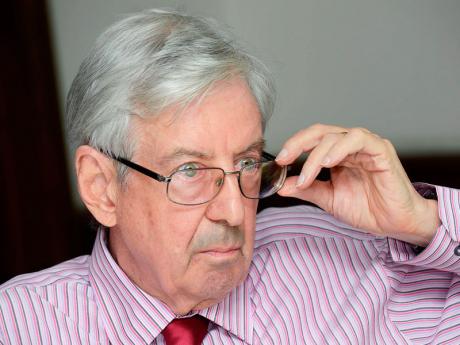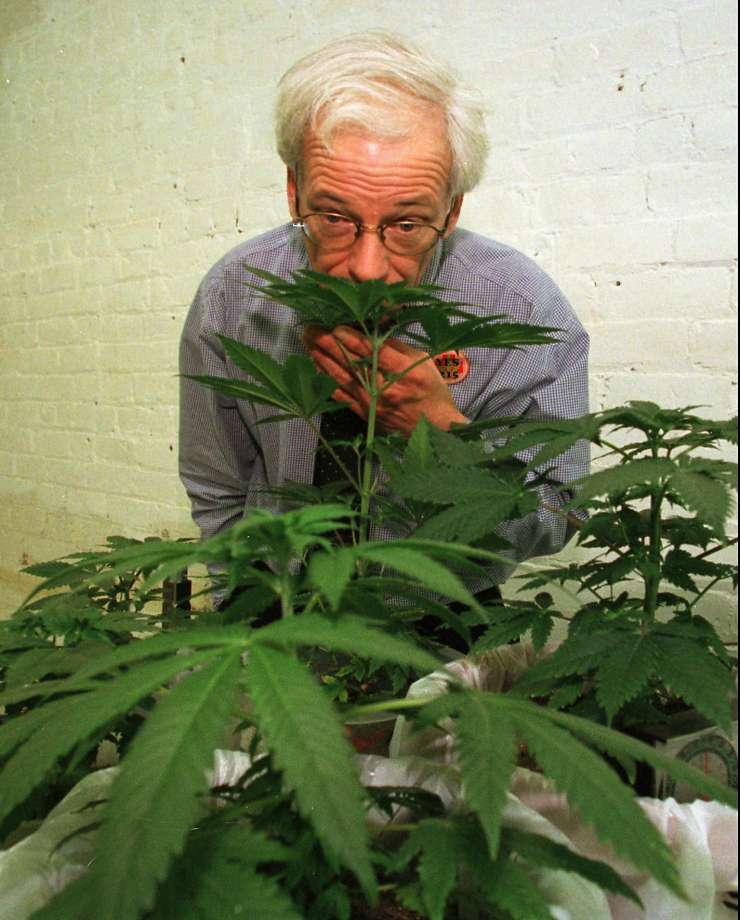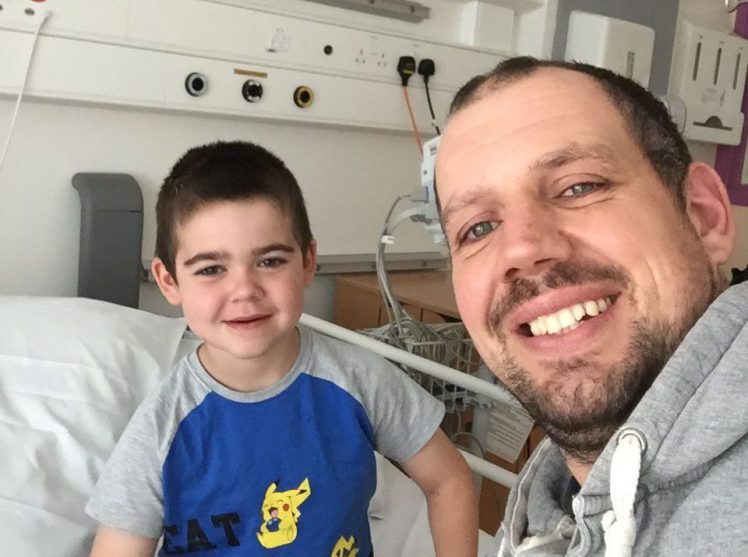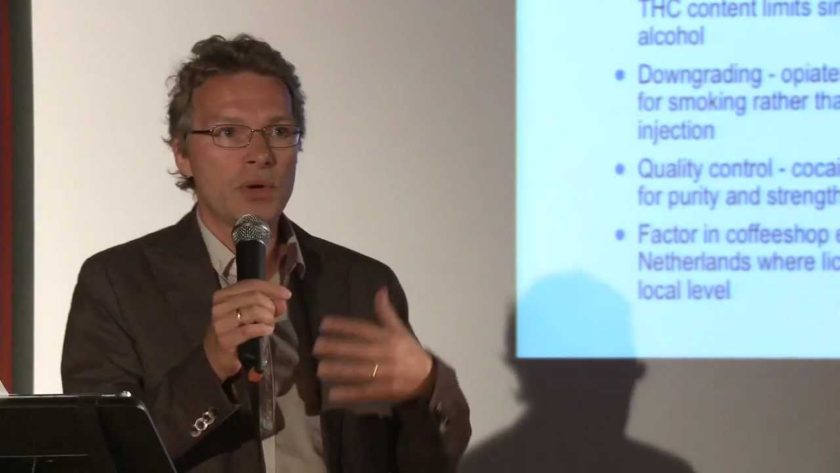‘The power of the people is greater than the people in power’ – Wael Ghonim
I am a law lecturer at the University of Leicester and I’ve been researching drug policy issues for the past 10 years. My interest in this area was first sparked as an undergraduate studying a drug policy module. I had always thought that laws were supposed to protect us from harm, but the more I studied this module, the more I realised that it is prohibition itself that creates the vast majority of the harms associated with consuming drugs.
The People in Power
While government drug strategies tend to fixate on the harms drugs cause to the consumer, families, communities etc, not all policymakers were in agreement when legislating our drug policy. Some of our lawmakers, when first debating the current law that controls cannabis, were aware of the harms that the law itself would cause.
When reading the Misuse of Drugs Bill in 1971, Lord Foot noted that ‘when you apply these terrific penalties for an offence which a large number of people regard as containing no moral guilt, you bring the law into grave disrepute’, and ‘that there is a substantial proportion of people… in our population who are utterly unpersuaded that there is any moral guilt in the use of this drug.’
Lord Gifford called for ‘the Government, and those in the police forces, to think again; to consider that they could be wrong; to weigh the growing evidence that cannabis, though capable of abuse, is a pleasure which in itself is not dangerous, and to listen to the voices of young people whose full participation in this society we so badly need.’
Lord Gifford also ventured that he himself had ‘enjoyed a cannabis reefer and found it to be a pleasing’! Such openness and willingness to discuss the pleasures associated with cannabis and the morality of the law has unfortunately largely been absent from the UK official discourse since.
However, this hasn’t stopped ‘a large number of people’ all over the world from being ‘utterly unpersuaded that there is any moral guilt in the use of this drug’. Emerging cannabis policy environments across the globe are due in large part to the activists, patients and other ordinary people calling out the law, and calling for change.

Power To The People
Dennis Peron, widely known as ‘the father of medical marijuana’, was the leader of a campaign to legalise medical cannabis in California after his partner died of AIDS in 1990. California Proposition 215 which Peron co-wrote, was groundbreaking in the US. Legalising medical cannabis in California allowed other states to follow suit, which eventually paved the way for the state-led recreational cannabis regimes we see today.
Alicia Castilla, a Uruguayan citizen, was imprisoned for three months for growing cannabis and using it for pain relief at the age of 66. Her case helped lower the political costs for politicians to publicly promote their cannabis reform agenda in Uruguay, as this was the first country to legalise cannabis in 2013.
Michael Fischer, a Multiple Sclerosis patient, sued the German government for the right to cultivate his own medicine. This culminated in a ten-year legal battle with the help of the Association for Cannabis as Medicine (ACM). Although he initially won his case, his license was later revoked, to correspond with the German law which legalised medical cannabis in 2017.
Michael’s case and the ACM were instrumental in helping to implement this law. For more detail you can read an article by the renowned cannabis activist and physician Franjo Grotenhermen.

The Power of Stories
Closer to home, the stories of Alfie Dingley and Billy Caldwell, two boys with life threatening epileptic seizures, who responded well to cannabis treatment, swept the nation this year. This led the Home Office to instigate a review into the scheduling of cannabis and to establish an expert panel to consider applications from senior clinicians to prescribe cannabis-based medicines.
While this move has been regarded as an important first step, giving hope to thousands of patients, according to UKCSC Political Director, Stuart Harper, it does not go far enough. I hope that this blog post gives you some of idea of the power of grassroots advocacy and the power of human stories to challenge the law, in order to build the regulatory framework that you want.
Negative ‘reefer madness‘ stories about cannabis also demonstrate the power of human stories, since they have been picked up by journalists and politicians and presented as evidence for retaining the legal status quo for decades. It is important to redress the balance and offer the positive stories a platform. Without an equal platform the cannabis debate is biased and policy-making decisions are made from a position that is not as informed as it should be.
Finding cannabis reform champions and telling stories also engages people on an emotive, human level which speaks to their values. This can help to change public and policy maker views on cannabis.

Illicit Cannabis Cultivation in a Time of Policy Change
It is for this reason that I, along with Dr Axel Klein and Dr Gary Potter, decided to include human stories from cannabis activists and patients in a Special Issue of the drug policy journal, Drugs and Alcohol Today. The Special Issue is called ‘Illicit cannabis cultivation in a time of policy change’ and it is free to read for one month. Articles include those written by: Greg de Hoedt (Chair of the UKCSC), Jeff Ditchfield (BudBuddies Founder), Sarah Godfrey (herbalist and medical cannabis activist) and Julie Fry (US cannabis industry consultant), and they offer honest, moving accounts of their lives as cannabis patients and activists.

Collective Action Through Cannabis Social Clubs
Of course it’s not just the action of individuals that can make a difference, collective action through associations such as the cannabis social club (CSC) model can help confront the law too. The CSC model began in the 1990s through a few associations exploiting legal loopholes in the Spanish drug laws. The (CSC) model can now be seen throughout the world, including of course in the UK!
Alongside my fellow researchers, Professor Tom Decorte, Mafalda Pardal and Òscar Parés, we have instigated a study to map out the cannabis social club phenomenon throughout Europe.
We want to contribute to the CSC debate to see whether they offer a safe and feasible option for policy-makers to move a meaningful distance towards legally regulated cannabis markets without crossing over to full commercial availability.
I invite your club to take part in this survey if you haven’t already done so and if you have any questions about the survey or the Special Issue please feel free to contact me: [email protected]
Follow Melissa Bone on Twitter: @melissa_bone
Follow the UKCSC on social media: Facebook – Twitter – Reddit




